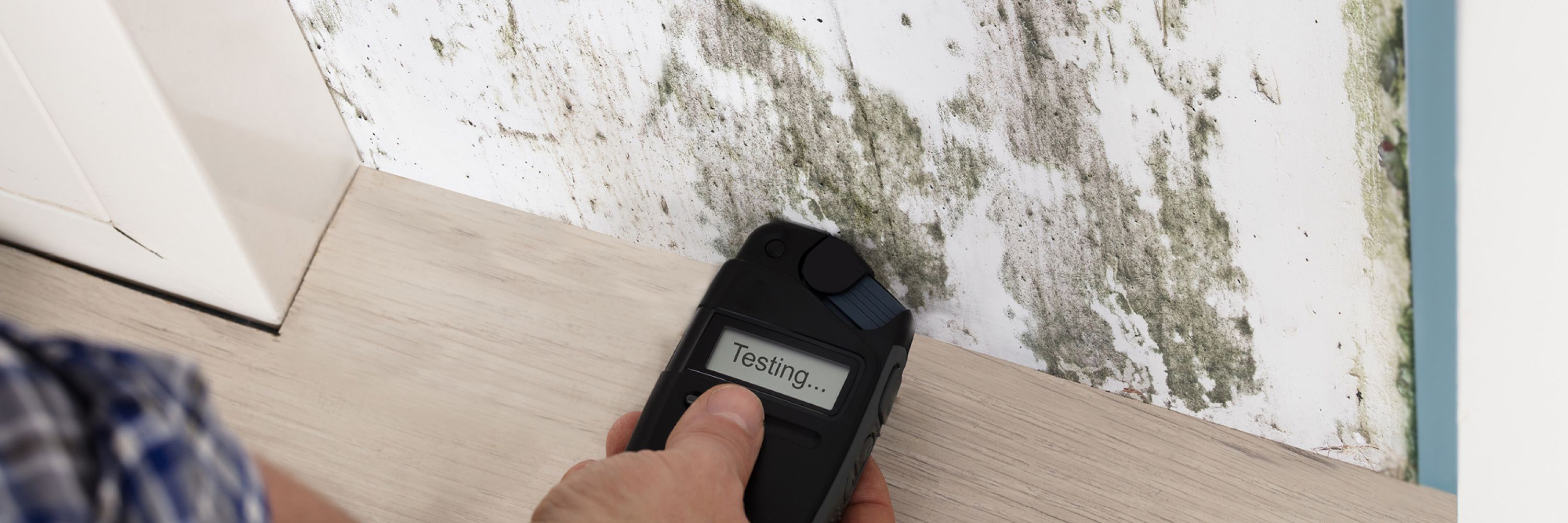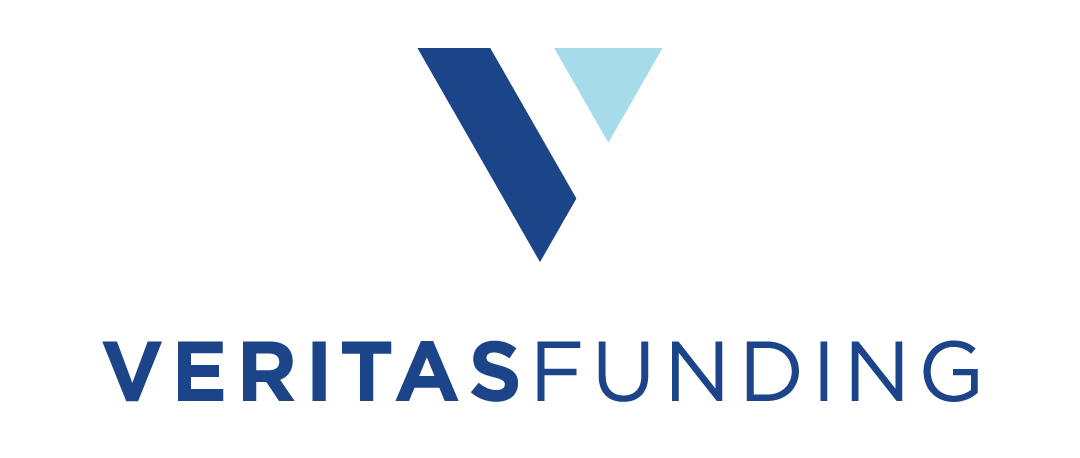
7 worst mistakes a first-time homebuyer makes
By Nancy Mattia
1. Not getting preapproved before looking at houses
Having a preapproved mortgage makes life easier when you’re shopping for a home. First, it tells you how much you can afford. That piece of paper also makes it clear to sellers that you’re a serious buyer and, when you’ve made a decision and your offer is accepted, it speeds up the paperwork.
2. Looking for a home when you already have significant debt or little savings
“Having substantial debt when looking for a home limits a buyer's spending ability,” says Charrel Sanabria, a Realtor with Realty One Group, Emerald Coast, Florida. It will mean getting a higher interest rate and will limit their chances of purchasing the home they really want. “It is so important to eliminate as much debt as possible before looking to purchase a home, as it will reduce their DTI [Debt to Income Ratio] and allow them to purchase a home in the price range they desire. Coming into the process with lower debt is a way to cut down on the stress of buying a home.”
3. Failing to research programs that assist with the down-payment.
Saving up for a down-payment isn’t easy for many first-time buyers. But there’s help out there in the form of state and local government grants and no-interest loans that you may qualify for. Take the time to research programs that you may be eligible for. Among the resources to check with: your real-estate agent and the Department of Housing and Urban Development (hud.gov).
4. Accepting the first loan offered/not shopping around for a mortgage
“Accepting the first loan offered to a buyer from a mortgage lender can cause them to overpay on their home loan,” says Sanabria. Shop around for a mortgage, and it can save you money. “Key things to look for are the interest rates, mortgage fees, down payment options, and what services they offer you as a customer.”
5. Buying a house that’s at the top of your loan amount
Though it may seem contradictory, lenders may approve you for a mortgage that’s more than you should realistically spend. It’s up to you to look at your income and figure out how much you spend on other monthly expenses, such as taxes, car insurance, and groceries.
6. Using all your savings for a down payment and closing costs
Don’t drain your bank account! “Coming out of the home buying process with no savings is not an ideal situation,” says Sanabria. They’ll be unexpected expenses you’ll need to take care of once you’ve closed and moved in. “My advice would be to have two separate savings accounts. The first account would be for home expenses, and the second would be for personal savings.”
7. Failing to get a home inspection
A home inspection is a way to discover or ensure a home’s health by doing a thorough check of the bones of a house like the roof, plumbing, and foundation. Some lenders don’t require an inspection, which some buyers see as a way to save money. But you shouldn’t skip this important step: If serious problems are found, the seller may be required to fix them, or you could negotiate a lower purchase price, and fixing the problem becomes your responsibility.
Get In Touch If you're interested in improving your life through homeownership, please provide your contact information below and a Loan Officer will be in contact. |
|
|

